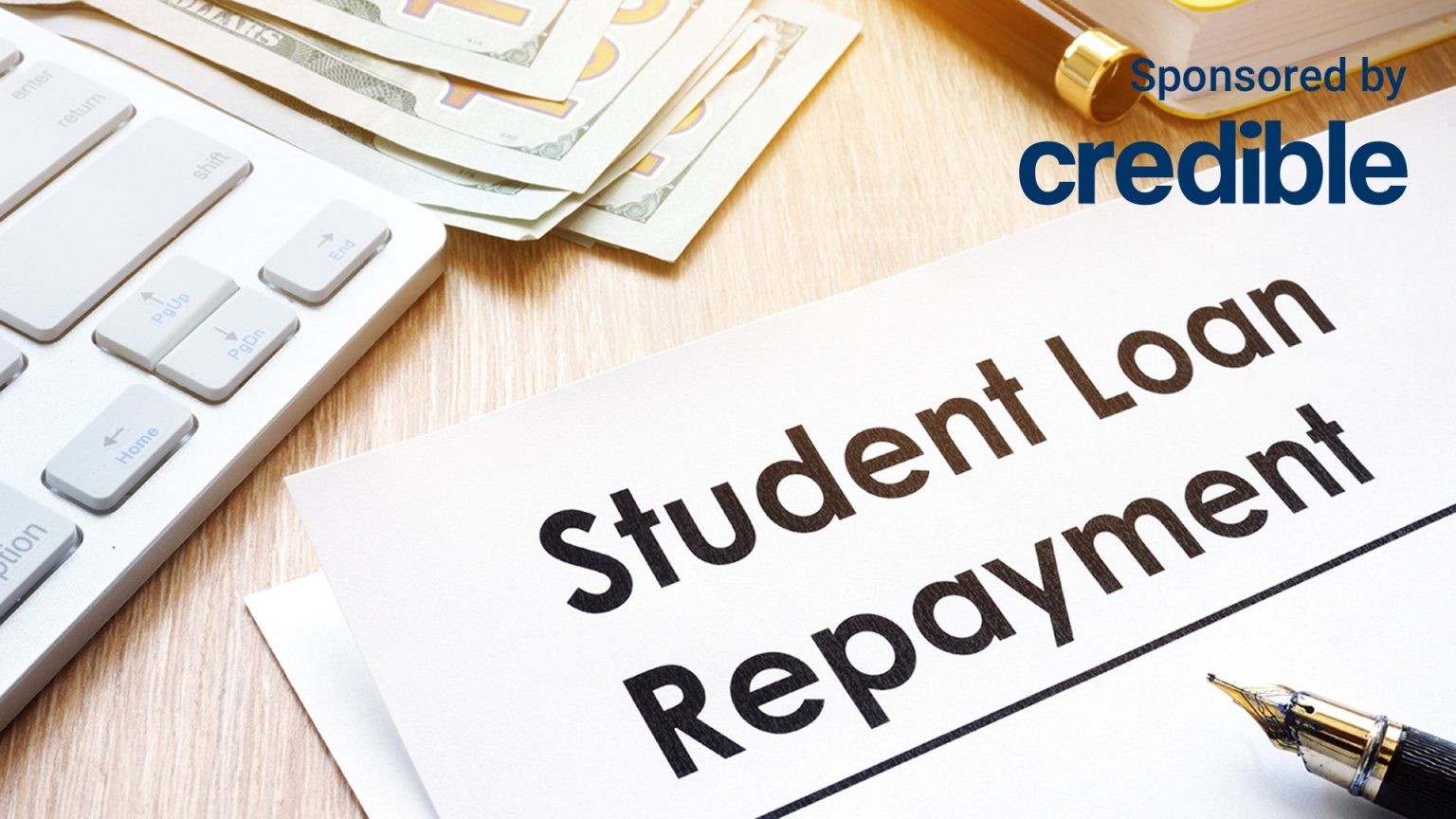President Joe Biden’s path to deliver $39 billion of student debt forgiveness to borrowers paying their loans for over 20 years under a new repayment plan, cleared a legal hurdle after a federal judge dismissed a lawsuit seeking block the plan on Monday.
The lawsuit, filed in Michigan by the New Civil Liberties Alliance (NCLA) on behalf of the Mackinac Center for Public Policy and the Cato Institute, two conservative think tanks, challenged the legality of Saving on a Valuable Education (SAVE) plan.
Central to the lawsuit’s complaint was the plan’s intent to count past deferment and forbearance periods as if borrowers had made payments during that time. Borrowers will also be allowed to make additional “catch-up” payments to get credit for all other periods of deferment or forbearance.
The plaintiffs argued that canceling student debt through income-driven repayment (IDR) plans would reduce the incentive to participate in the Public Service Loan Forgiveness (PSLF) program by completing ten full years of work for qualified non-profit employers while making monthly payments. As a result, it would directly harm non-profit organizations that benefit from PSLF and undermine Congress’ goals in enacting the PSLF program.
However, Judge Thomas Ludington of the District Court for the Eastern District of Michigan dismissed the groups’ case and rejected a request that the plan be temporarily blocked. Ludington said the conservative groups did not show they would be harmed by the plan.
The Department of Education in July said it would begin notifying 804,000 borrowers that they have a collective $39 billion in federal student loans eligible for automatic discharge under the plan.
“On Day One of my Administration, I promised to fight for hardworking families and to fix problems in the student loan system that have been failing borrowers for too long,” Biden said in a statement. “I’m proud that my Administration is delivering on that promise and has already approved over $116 billion in debt cancelation for 3.4 million Americans – no matter how many lawsuits, challenges or roadblocks Republican elected officials or special interests put in our way.”
If you have private student loans, you won’t benefit from SAVE or other government initiatives. You could consider reducing your monthly payments by refinancing your loans for a lower rate. Visit Credible to get your personalized rate in minutes.
MORE STUDENTS TURNING TO FEDERAL AND PRIVATE STUDENT LOANS TO FINANCE COLLEGE: SURVEY
SAVE is the jewel of repayment plans
Changes to the Department of Education’s income-driven repayment (IDR) plans mean student loan borrowers can expect a collective $39 billion in federal student loan debt to be forgiven.
Under the Saving on a Valuable Education (SAVE) plan, borrowers could see monthly payments lowered to zero dollars, monthly costs cut in half and those who make payments could save at least $1,000 a year, the White House said in a statement.
The plan was announced after the Supreme Court decided to strike down Biden’s student loan forgiveness plan. It calculates the monthly payment amount based on a borrower’s income and family size, according to the Department of Education.
That means that for those earning $32,800 a year or less, which translates to roughly $15 an hour, their monthly payment would drop to $0 immediately. Additionally, borrowers with an original balance of $12,000 or less will receive forgiveness of any remaining balance after making 10 years of payments, with the maximum repayment period before forgiveness rising by one year for every additional $1,000 borrowed.
Individually, borrowers in some states could expect to get close to $55,000 of student debt wiped away, according to Scholaroo’s Student Loan Forgiveness Index.
Federal student loan relief will not benefit private student loan borrowers. If you’re having trouble paying for your private student loans, you could consider refinancing your loans to a lower interest rate to lower your monthly payments. Visit Credible to get your personalized rate without affecting your credit score.
HOMEBUYERS ARE FINDING BETTER DEALS IN THESE CITIES, SURVEY SAYS
Student loan interest payments could be reduced
A new bill sponsored by Rep. Joe Courtney (D-Conn.) and Sen. Peter Welch (D-Vt.) seeks to refinance the interest rate of all existing federal student loans to zero percent and cap interest rates for future borrowers, according to a fact sheet on the new legislation.
Under the so-called Student Loan Interest Elimination Act, interest payments for future student loan borrowers would be based on a sliding scale determined by financial need, with most paying nothing in interest and no student getting an interest rate above 4%.
The Department of Education would establish a trust fund to collect payments borrowers make on their principal balance to offset the elimination of interest, the fact sheet said.
Any money left over would be used to bulk up Pell Grant awards and provide competitive grants to support college completion and retention programs at higher education institutions, according to the legislation.
If you hold private student loans, you could lower your monthly payments by refinancing to a lower interest rate. Visit Credible to speak with an expert and get your questions answered.
THESE TWO FACTORS COULD BE DRIVING YOUR CAR INSURANCE COSTS UP
Have a finance-related question, but don’t know who to ask? Email The Credible Money Expert at moneyexpert@credible.com and your question might be answered by Credible in our Money Expert column.
Read the full article here



